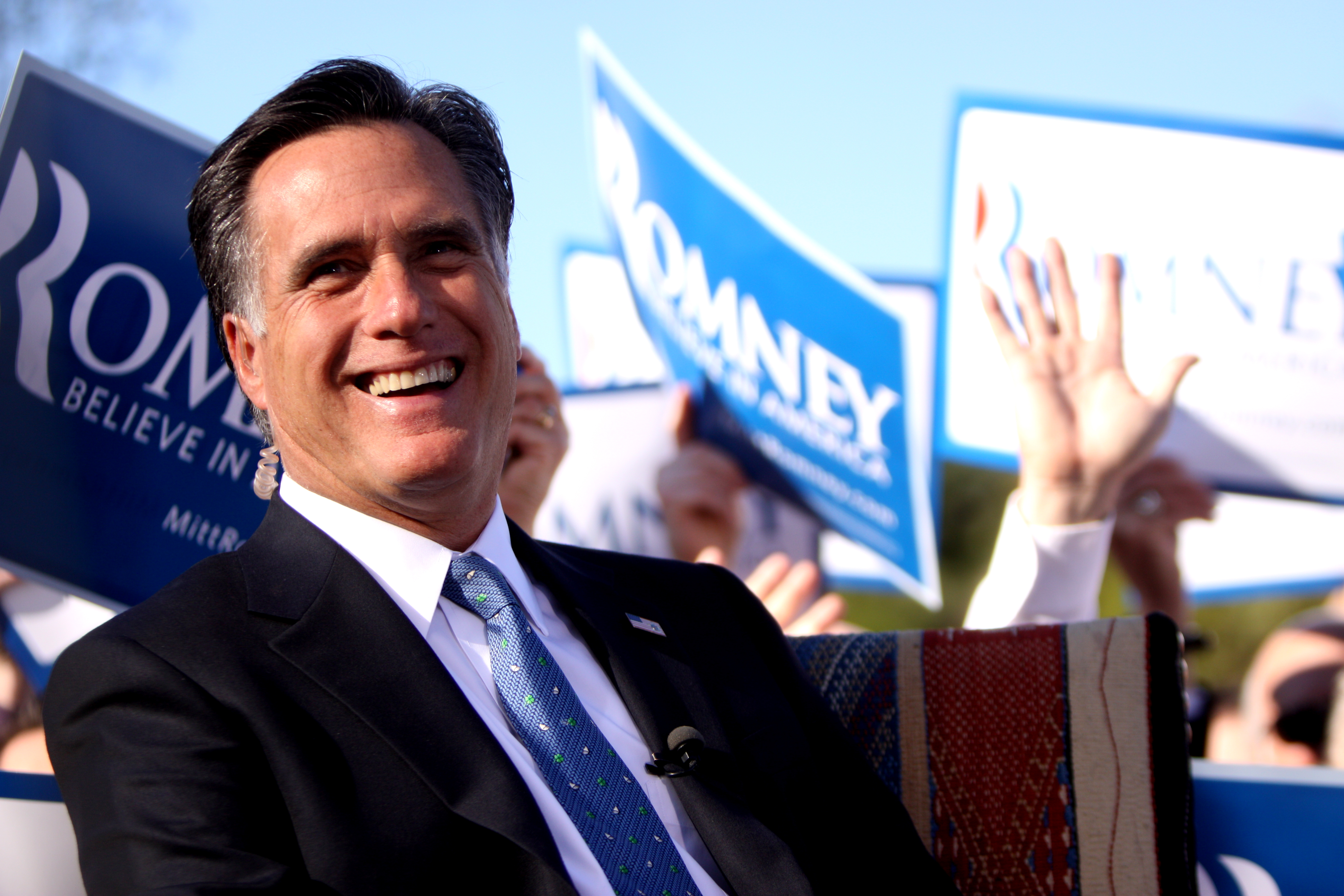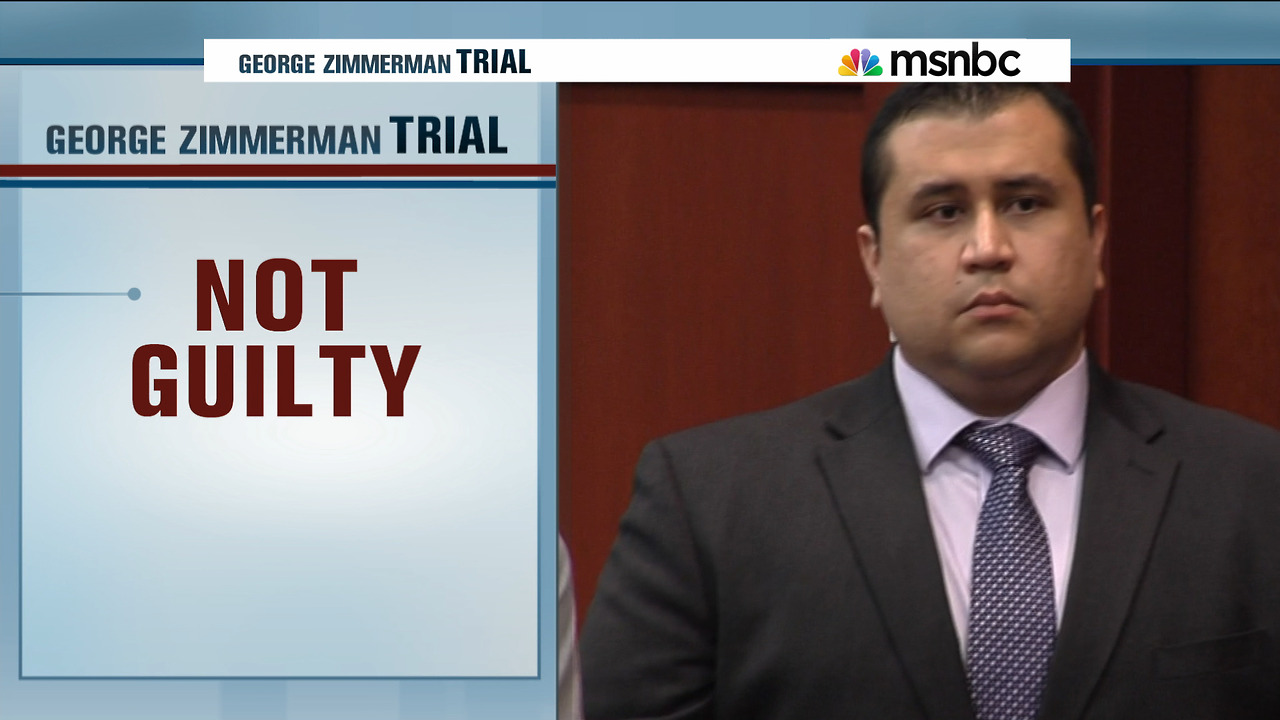Former Massachusetts Gov. Mitt Romney won a smashing victory in Florida’s Republican primary Tuesday night, outpacing former House Speaker Newt Gingrich 46 percent to 32 percent. Former Pennsylvania Sen. Rick Santorum, the narrow winner of Iowa’s caucuses, and Rep. Ron Paul of Texas, the second-place finisher in New Hampshire, trailed at 13 percent and 7 percent, respectively. There can be little doubt that this was, to reappropriate a circa-2008 catchphrase from the political blogosphere, “good news for Mitt Romney.” But what happened in Florida – by far the most populous and diverse state yet to host a primary election this year – may tell us even more about the presidential race ahead than once expected.
In short, Mitt Romney dominated. Consider the exit polls (courtesy of CNN).
Sex: Romney has typically benefited from decent support among women, a group that has (at least in polls) proven wary of Gingrich’s abrasive style and – shall we say – colorful past. In Florida, this gender gap was nothing short of enormous, with Romney winning female voters by 24 points compared to a modest five-point spread among men. Pundits have long discussed Gingrich’s “woman problem” in the abstract, but not until Florida has it materialized in so dramatic a fashion. In general elections, Democrats generally benefit when women turn out, and in nominating a candidate as distasteful to moderate women as Gingrich, the GOP would voluntarily exacerbate that tendency at the proverbial starting gate.
Wealth: The wealth gap present in earlier states practically evaporated. In Iowa, Romney scratched out a measly 16 percent among caucus-goers earning less than $50,000 per year, well behind Paul and Santorum and just ahead of Texas Gov. Rick Perry, whose candidacy had truly flamed out in most circles some months before. Yet among those with income topping $100,000 Romney had a 36 percent plurality to his name, far outpacing his movement conservative competition. In New Hampshire, a state amenable to its fellow New Englander since day one, Romney tied Paul among the under-$50,000ers but utterly dominated the affluent six-figure group, earning nearly half of their votes outright. Even in the skeptical Palmetto State, he had managed to nearly tie Gingrich among wealthier voters while running high double digits behind with downscale and middle-class types. Yet in Florida, while high earners remained his most loyal supporters, the once and future GOP frontrunner managed a solid 13-point edge with those below the $50,000 threshold.
Religion, Ethnicity, Geography: In Florida “only” 40 percent of primary voters described themselves as white evangelicals; in South Carolina, that
number had been 64 percent. But more telling is that Romney was able to nearly tie Gingrich with these voters, 36 percent to the latter’s 38 percent. In South Carolina as many evangelicals had voted for Romney as for “third wheel” Rick Santorum, and a hefty plurality had picked their fellow Southerner in Gingrich. The Cuban-American community, no small factor in right-of-center Florida politics, turned out for Romney as well, casting about twice as many votes for him (54 percent) as for Gingrich (29 percent). All in all, Gingrich did respectably in just one geographical area of the state, the culturally Dixiefied Panhandle region. In general elections, Republicans lean on massive margins from these rural North Florida counties to offset Democratic edges in the Miami area, Orlando, and Tampa Bay. Needless to say, Gingrich’s rough stalemate with Romney, once a self-proclaimed “progressive,” in the conservative heartland of a battleground state, says little for his capability as the conservative base’s Great Hope; and the governor’s commanding margins everywhere else – in the more suburban and persuadable pockets of the nation’s third-greatest electoral prize – should give pause to those hoping Gingrich’s purported debate skills may put him on an even general election footing with President Obama.
So is it over for Newt Gingrich?
Pundits who say Florida has ended the race overnight might be mistaken, just as when they wrote the obituary for Gingrich’s presidential aspirations some weeks before South Carolina. February offers a diversified electoral calendar, with contests in locales as varied as Nevada, Maine, Guam, and Michigan. But nor does Florida’s significance in the Republican primary calendar amount to merely the 50 convention delegates Mitt Romney has earned by besting his rivals. As a gauge – or, more likely, a determining factor – of national momentum, this particular leg of the race could hardly be overestimated.
If a note of caution for the Romney campaign emerges from these latest returns, it is this: self-described “very conservative” voters are still not sold. Comprising a third of the Sunshine State primary electorate, 41 percent of them chose Gingrich and 22 percent Santorum, compared to 30 percent for the statewide winner. Indeed, should Santorum exit the race in the coming weeks, Gingrich stands to attract the lion’s share of his voters. Yet for Romney, this 30 percent figure represents considerable improvement, a far cry from his 14 percent showing among “very conservatives” in Iowa, or his 19 percent in South Carolina. Certainly the most surprising statistic from Tuesday’s election is one buried deep in the exit polls: about a quarter of primary voters thought Gingrich was “not conservative enough,” and fully 52 percent of these voted for Romney (yes, Mitt Romney of Massachusetts Mandate fame). If these are not the hallmarks of a frontrunner closing the deal at last, perhaps we must write off Florida’s electorate as quirky, a label often applied to voters in New Hampshire, until now home to Romney’s sole victory. But such a label seems ill-applied to a state that helped put or keep the last six Presidents in the White House. For his part, Gingrich vows to press on, with 46 states and nearly seven months remaining until Republicans reconvene in Tampa to choose their nominee.


